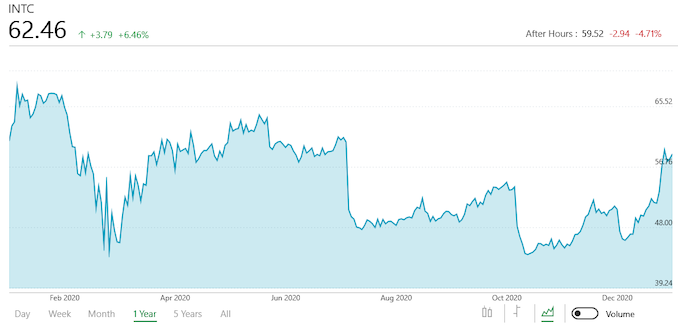- Joined
- May 31, 2016
- Messages
- 4,510 (1.38/day)
- Location
- Currently Norway
| System Name | Bro2 |
|---|---|
| Processor | Ryzen 5800X |
| Motherboard | Gigabyte X570 Aorus Elite |
| Cooling | Corsair h115i pro rgb |
| Memory | 32GB G.Skill Flare X 3200 CL14 @3800Mhz CL16 |
| Video Card(s) | Powercolor 6900 XT Red Devil 1.1v@2400Mhz |
| Storage | M.2 Samsung 970 Evo Plus 500MB/ Samsung 860 Evo 1TB |
| Display(s) | LG 27UD69 UHD / LG 27GN950 |
| Case | Fractal Design G |
| Audio Device(s) | Realtec 5.1 |
| Power Supply | Seasonic 750W GOLD |
| Mouse | Logitech G402 |
| Keyboard | Logitech slim |
| Software | Windows 10 64 bit |
Something tells me you might be right and I really want but I can't expect anything more than what you said from Intel. What I wonder about now is, if Alder Lake turns out to be nothing special (which I believe it's a reasonable to think that way), what is Intel going to name the next CPUs? It would seem Intel just shakes the sleeve and several CPUs drop from there giving nothing performance wise but there are different names and there's already another one in the line waiting.Yeah, just like Rocket Lake was supposed to feature "double diget increases" in IPC, yet as anandtech showed in many consumer applications its barely any faster, and sometimes slower, then comet lake. Far cry from the jumps from zen 2 to zen 3 provided.
This will likely have "up to 20% in AVX 512, then 3% everywhere else. And it will have to contend with zen 4, which should feature significant improvements of its own.
Now "Rocket" in my understanding is barely able to lift off. Thanks Intel.










 peace
peace